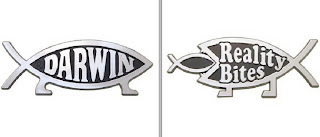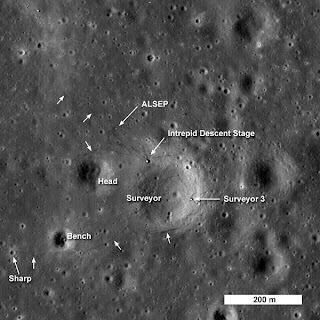Here are some interesting verses from the bible. They
might not have been taught to you at Sunday School. I wonder why.
Exodus 22:4. If a burglar is fatally injured during the night it is not murder, but if he breaks in after sunrise and is then fatally injured then it is murder.
II Kings 2:22 - Elishah went to Bethel and was teased by 42 children. He cursed them and they were all killed by two she-bears who came out of the forest.
Lev. 21:23 - on disabled priests. No descendant of Aaron (the priests) with a physical defect should approach the alter (and thus profane the sanctuaries).
Judges 11:30:40 - Jepthah, son of Gilead by a prostitute, but brought back to the family in a time of crisis, made a vow with God about killing the first living thing that came out of his door if he defeated the Ammonites. It was his daughter, and she agreed to go through with it, but she was allowed to wander in the hills for 2 months before he killed her.
2 Samuel 21:1-14 - Famine for three years had apparently been visited on the people because of the 'blood guilt' of Saul who had killed some Gibeonites. When asked how expiation could be made, they demanded seven of Saul's sons. Mephibosheth, son of Jonathan, son of Saul was spared because of an oath taken between David and Jonathan, but 7 others were put to death instead. So much for human rights.
Luke 12:47-48 - Jesus teaches about the beating of slaves but completely neglects to mention that keeping those slaves at all is rather more unethical.
Mark 2:23 - Jesus and his disciples roam around the cornfields plucking ears of corn - surely theft. This was doubly unlawful as it happened on the Sabbath when they should not have been working at all. When challenged by the Pharisees (not for theft but because it was the Sabbath) Jesus compared it with David taking 'sacred bread' from the temple. So that makes it alright?
Matt 21: 1-5 - Jesus' disciples took a donkey and its foal, apparently in order to fulfil a prophecy in some strange way.
Genesis 19 - The story of Lot's wife being turned into a pillar of salt is preceded by the mob wanting to rape the angels who visited Lot's family to tell them that they would be saved. Lot offered his daughters to the mob instead. Following the mineralisation of Lot's wife, his daughters got Lot drunk and slept with him and had his children.
Judges 19:20-30 - Rather similar to the story of Lot, two women are handed over to be raped by the mob who had initially wanted to rape the visiting men. After being ill-treated all night, one of the women, a concubine, was cut into 12 pieces.
Proverbs 21:3 - God doesn't want sacrifices, but justice for the poor. There is not much evidence of this elsewhere!
Psalm 14:1 - The fool hath said in his heart, There is no God.
but Matt 5:22 - . . . whosoever shall say, Thou fool, shall be in danger of hell fire.
Given these parts of the bible that seem to be mentioned rather rarely in sermons and readings in churches, do we get a better impression of the character of God? He is said to be the source of all morality, but somehow he seems a little deficient in the areas of mercy, equality, sense of humour, and human rights.
Thank goodness he is imaginary!



























